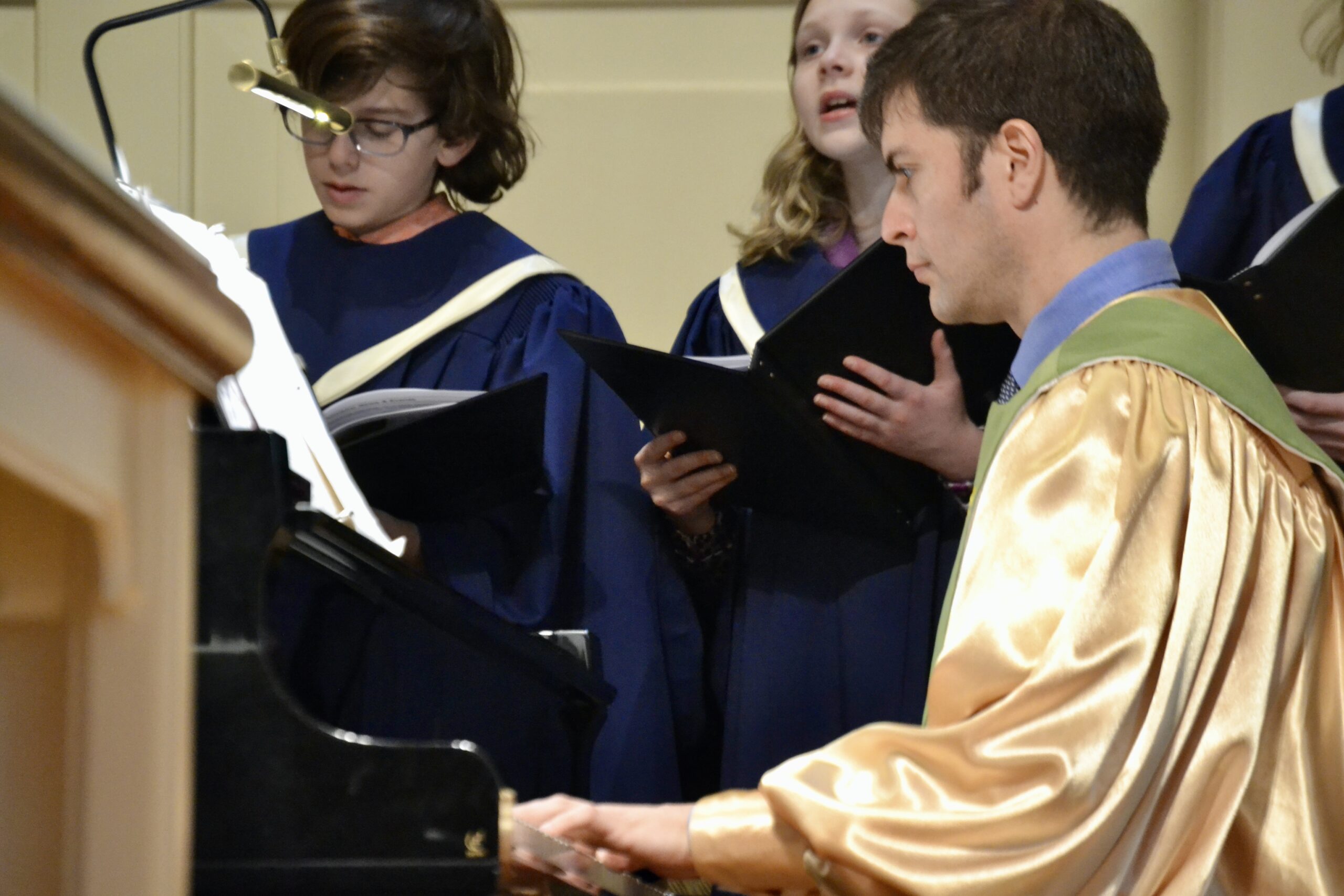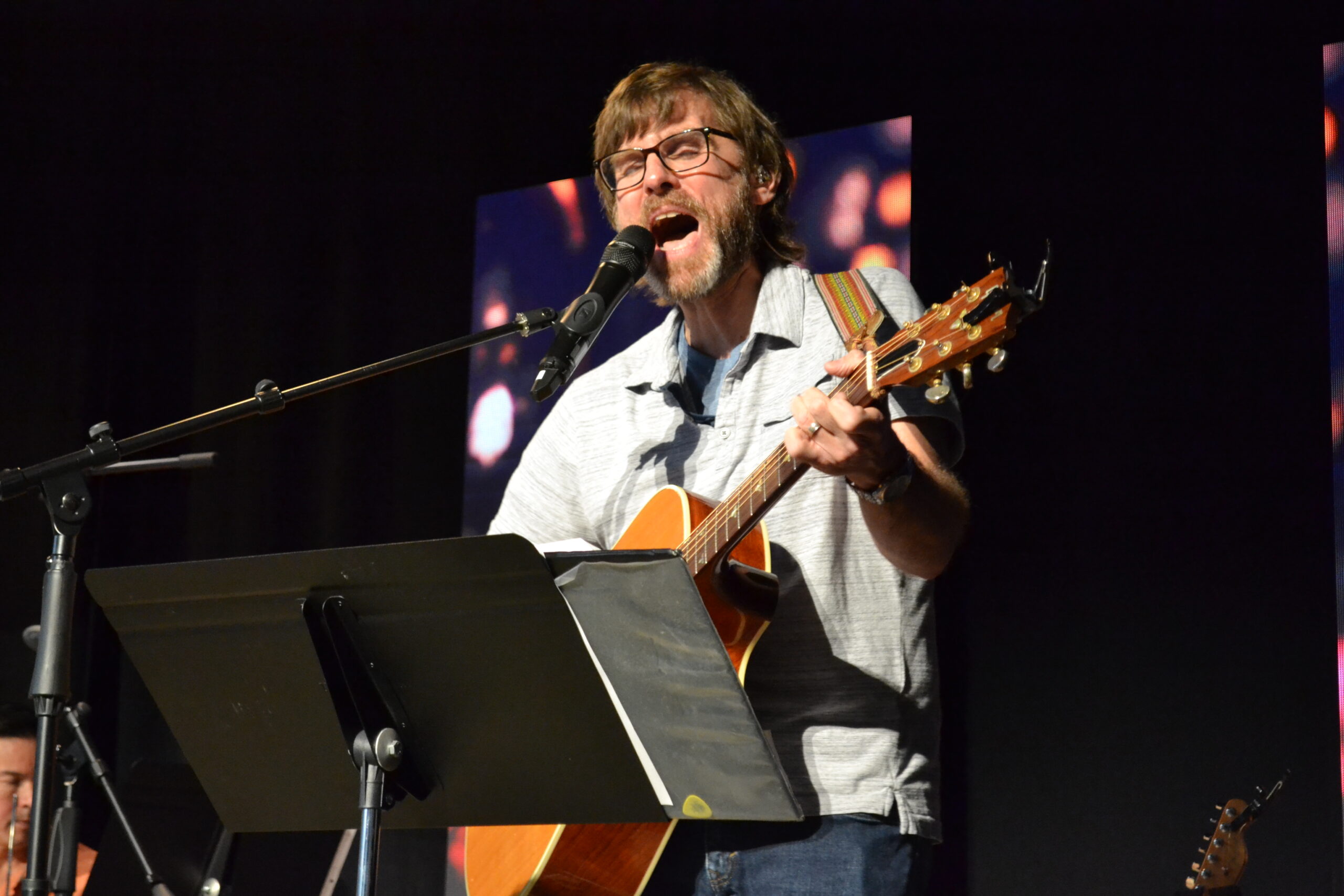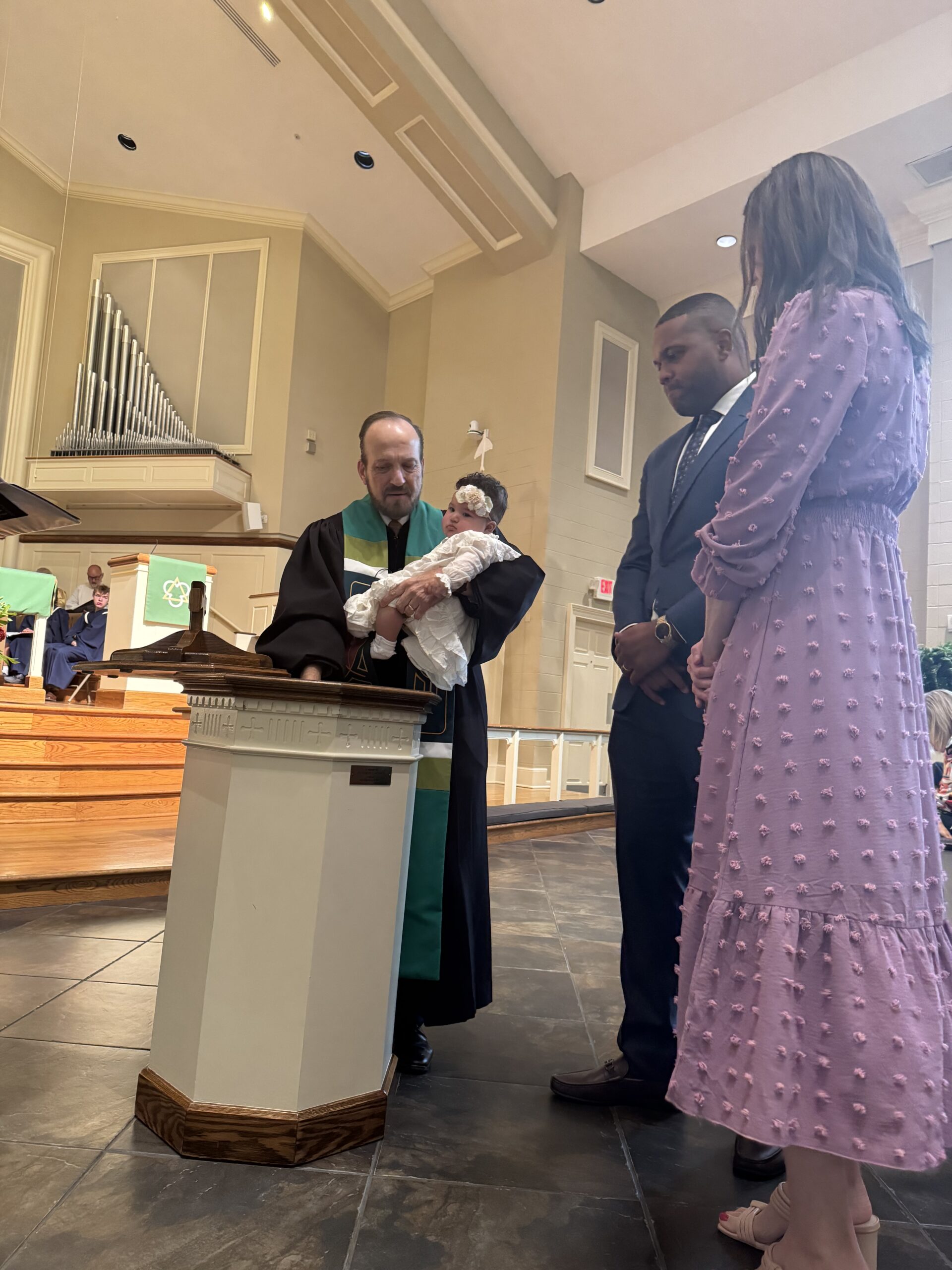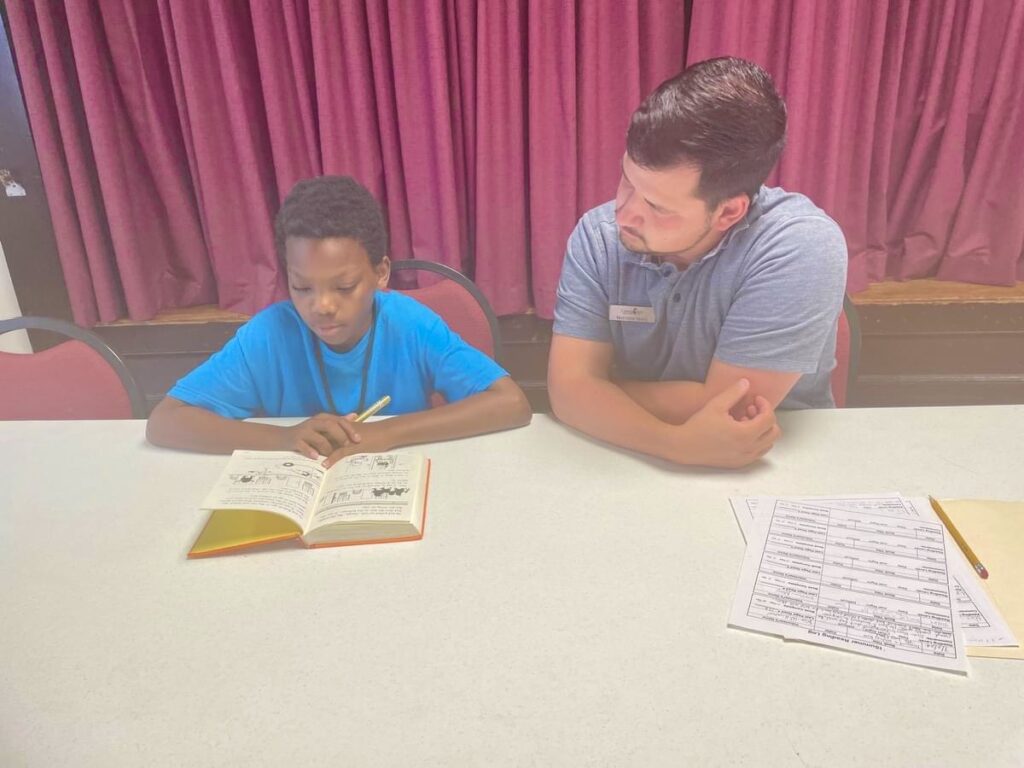About GUMC
Traditional Services
8:30 & 11:00am
Alternative Service (PRISM)
11:00am
Sunday School
Adult, Youth, and Children’s
Sunday School at 9:30 a.m.
Live Stream & Sermon Archives
8:30am Traditional Service
11:00am Traditional Service
11:00am Alternative Service (PRISM)
FAQ's
Are you connected to the United Methodist Church?
Yes. Germantown United Methodist Church is a congregation of the Tennessee-Western Kentucky Conference of the United Methodist Church.
What do you believe?
Find Our Mission, Purpose & Foundational Documents HERE
What are office hours?
8:30 a.m.-4:30 p.m.- Monday – Friday
How do I make a donation?
Click HERE to give now.
Connect with GUMC on Social Media
Our Mission & Purpose
We are a welcoming community of faith committed to:
Loving God and loving others,
Serving Christ and sharing Him,
Transforming lives and making disciples.
We believe that life finds its deepest meaning in relationship with God through Jesus Christ. We believe in the necessity of sacred worship, in engaging the word of God in scripture, in spiritual growth within a Christian community, and in authentic Christian mission and outreach. We seek to offer that mission and outreach in Love, Integrity, Faithfulness, and Excellence, our L.I.F.E. values.
OUR PURPOSE AND MISSION ARE ONE
Foundational Documents
The Apostles’ Creed is the affirmation of faith most widely used by United Methodists. It derives its name from its use in the Christian church from as early as A.D. 150 and the early belief that it was used by the apostles. Beginning in the third century, this creed was used at baptisms by the Church. Through the years it has been used widely by both Roman Catholics and Protestants as the formative statement of the faith into which Christians are baptized.
Just as creeds like the Apostles’ Creed summarize the belief of Christians, the Articles of Religion of The Methodist Church and the Confessions of Faith of The Evangelical United Brethren Church form a foundation of doctrine for United Methodists. They, along with Wesley’s Sermons on Several Occasions and Explanatory Notes Upon the New Testament, are standards of doctrine for United Methodists.
The Apostles' Creed
Find the Apostle’s Creed HERE
The Confession of Faith
The Confession of Faith was the statement of belief from The Evangelical United Brethren Church. Consisting of 16 articles, the current form of this statement of faith was presented and adopted by the 1962 General Conference. When the United Methodist Church was formed in 1968 from the union of several branches of the Methodist Church and the Evangelical United Brethren Church, both The Articles of Religion and the Confession of Faith were adopted as basic statements of the church’s belief.
Find it HERE
Explanatory Notes Upon the New Testament
Find them HERE
The Articles of Religion of the Methodist Church
When the Methodist movement in America became a church in 1784, John Wesley provided the American Methodists with a liturgy and a doctrinal statement, which contained twenty-four “Articles of Religion” or basic statements of belief. These Articles of Religion were taken from the Thirty-Nine Articles of the Church of England—the church out of which the Methodism movement began—and had been the standards for preaching within the Methodist movement. When these articles were voted on by the American conference, an additional article was added regarding the American context, bringing the total number of articles to 25. These articles became the basic standards for Christian belief in the Methodist church in North America. First published in the church’s Book of Discipline in 1790, the Articles of Religion have continued to be part of the church’s official statement of belief.
Read them HERE
Wesley's Sermons on Several Occasions
Head to sermons HERE
The Sacrament of Baptism
Baptism is the sacrament of entry into the church. You may read about UMC practice and belief at this LINK
The Sacrament of Holy Communion
Communion is the sustaining sacrament of the church and is generally taken on the first Sunday of every month. You may read about UMC practice and belief at this LINK.
![GUMC Logo (Black Watermark)[20]](https://www.germantownumc.org/wp-content/uploads/2024/09/GUMC-Logo-Black-Watermark20.png)





